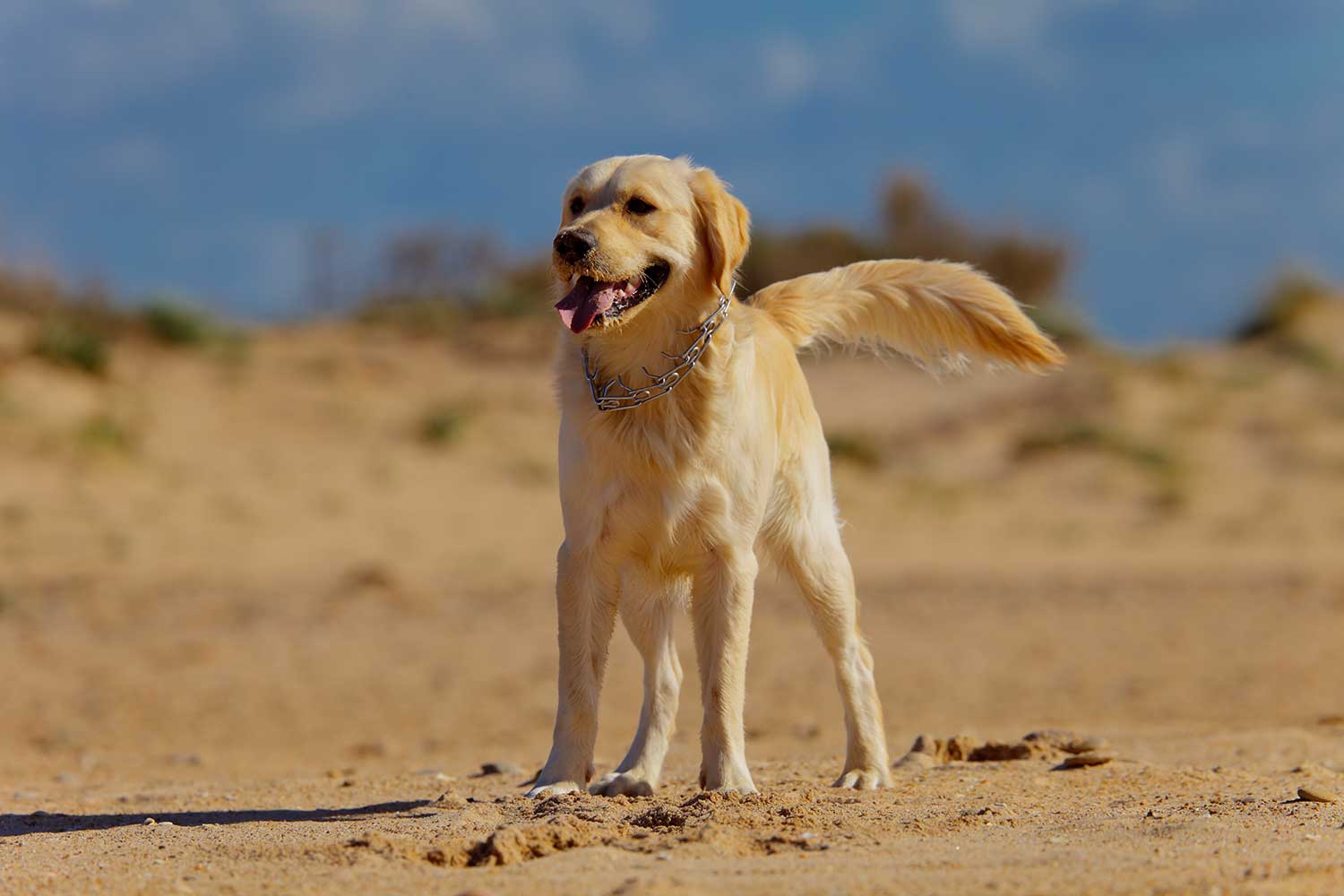DOG BREEDS
Dalmatians: Temperament & Traits
Dalmatians At-A-Glance
- These spotted dogs are beloved by children because of the Disney film 101 Dalmatians, and kids see them at the local firehouse.
- This intelligent breed is also friendly and moderately easy to train, making them one of the best dog breeds for families.
- Dalmations are an active breed that jumps around a lot, making them a bad fit for an apartment.
- These dogs also have their share of health problems, including being hard of hearing.
- Despite the short hair on their coats, dalmatians shed a lot, so make sure you have a powerful vacuum on hand.
Dalmatians are probably best known for escaping evil puppy-nappers in a certain animated Disney film or serving as the proud mascot of your local firehouse, which means kids adore this strong, spotted canine. But does this make them one of the best dog breeds for families?
Dalmatians are a large, tireless breed that’s friendly with both adults and children. The dogs are not combative and very social with other breeds, but their boundless energy could cause them to knock over small kids accidentally. These also need plenty of exercise during the day, so if your schedule doesn’t allow for at least two hours walking or playing with your pet, then a dalmatian might not be for you.
You’ll also want plenty of chew toys on hand so dalmatians don’t unleash their energy on your favorite easy chair or pillows. They’re an independent breed, but are very prone to separation anxiety, so you might have to spend your lunch breaks at home keeping your dog company. Sometimes dalmatians can be a little stubborn as you’re training them. But once you earn their trust, they are eager to please their owners.
It’s also important to note that if you adopt a dalmatian when it’s a puppy, you’ll likely notice something is missing from their coat: spots! These dogs don’t develop their eye-catching trademark fur until they’re a few months old. And the gene that gives them their unique look also makes them vulnerable to hearing loss. Experts estimate that anywhere from 15 to 30 percent of dalmatians develop deafness in their lifetime.
What is the perfect home for a dalmatian?
Pongo, one of the lead dogs from 101 Dalmatians, was living a happy life in his master’s apartment at the beginning of the movie. But in reality, the bachelor life in a small, confined space will make your new pet miserable. As we’ve mentioned before, this spirited breed is full of enthusiasm and can weigh up to 60 pounds, so they’ll need a lot of space to roam so they can explore (and tire themselves out). They can also grow to over two feet tall, so you’ll want to keep your valuables out of the reach of their wagging tail. If you live in a good-sized home with a backyard, then your dalmatian will thrive.
Feeding your dalmatian
It’s always important to give your dog a high-quality diet, but this is especially crucial for dalmatians. The breed is more susceptible to urate bladder stones, which can make urination painful for your dog. They can even block the urinary tract, which can be life-threatening. A type of protein called purines causes these stones to form in the dog’s bladder, so the less purines a dalmatian eats, the better. Beef, lamb, pork, and most poultry and fish are low enough in purines to make life pleasant for your dog but work with your veterinarian to see what foods are good for your dalmatian.
If you want to know with certainty what you are feeding your dalmatian, you may want to consider giving it a raw food diet. You’ll be able to monitor its diet better, but it will also give your best friend a shinier coat and bolster its immune system. Just remember that it takes a week to help get its digestive system acclimated.
Living in Arizona
If dalmatians can handle a blazing fire, does that mean they can survive an Arizona summer? Thanks to their short coats, this breed can deal with the oppressing triple-digit weather that our state dishes out year after year. Just remember that when you take this breed (or any other dog) out for a walk, you’ll need to put on sunscreen on their nose and mouth and keep their paws on the grass or dress them in protective footwear to avoid harming their feet.
If your dalmatian has a compromised immune system, you’ll need to be especially vigilant for symptoms of Valley Fever (coccidioidomycosis). They can include dry cough, a fever, and a lack of appetite. Soil dwelling spores can cause the disease, so put a mask on your dog to protect them.
The lifecycle of a dalmatian
Dalmatians can live to be 13 years old but can live past 16 years of age. As we mentioned at the top of the article, they won’t develop their trademark spots for a few weeks into their life, but they’ll still vie for your attention with their cuteness and sense of humor. They are also very social in the early weeks of their development and will need plenty of exercise. These pups are energetic, and you’ll want to stick to positive rewards-based training methods.
Their energy increases through their adolescence until they’re about 10-years-old. As this breed continues to get older, you’ll need to reinforce the lessons they learned during training as they’ll begin to forget them or give them occupied with fun games around the house. They’ll start to develop health problems once they get past a decade into their life, including vision, hearing, and joint problems.
Training
Dalmatians are one of the best dog breeds for families. And though they’re eager to please their owners, training the breed can be difficult. And if you don’t teach them good habits as soon as possible, it will be difficult as they get older.
And training can be difficult to tackle on your own. To ensure that you and your dalmatian form a long-lasting bond, the experienced staff at Desert Sky K9 can work with you and your family’s new pet to help your relationship blossom. Our licensed and certified trainer Mark Govoni has over 27 years of experience and can assist you with your training needs. And we are so confident in our results for our clients we provide lifetime handling lessons at no charge for all of our clients.
Please feel free to call us at 602-510-5877 or schedule a complimentary consultation so we can learn more about your needs.



